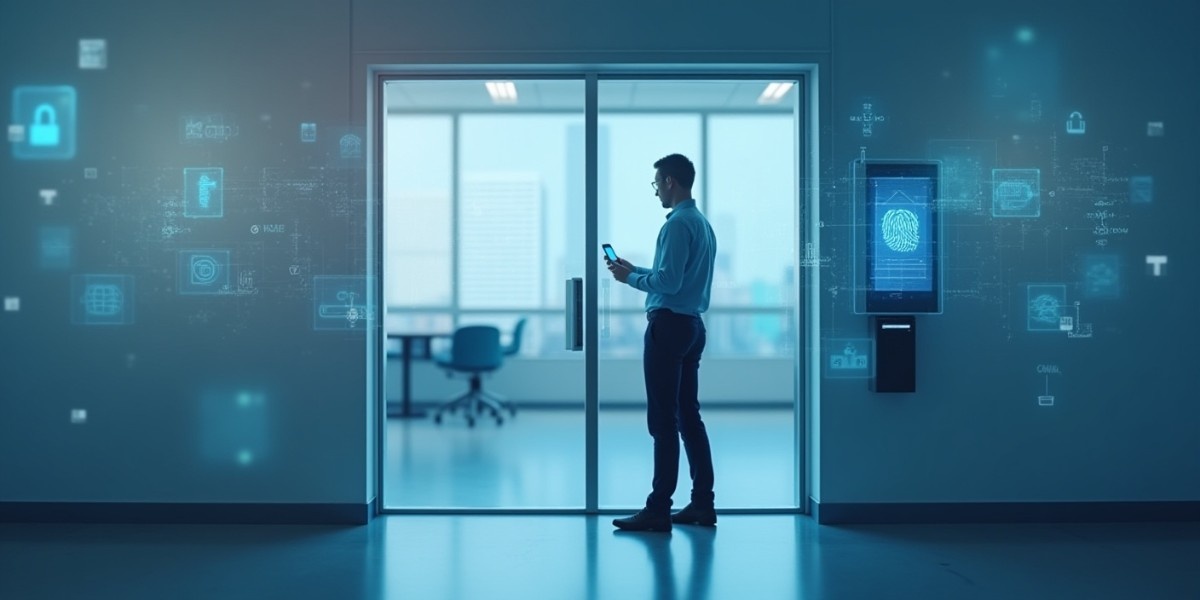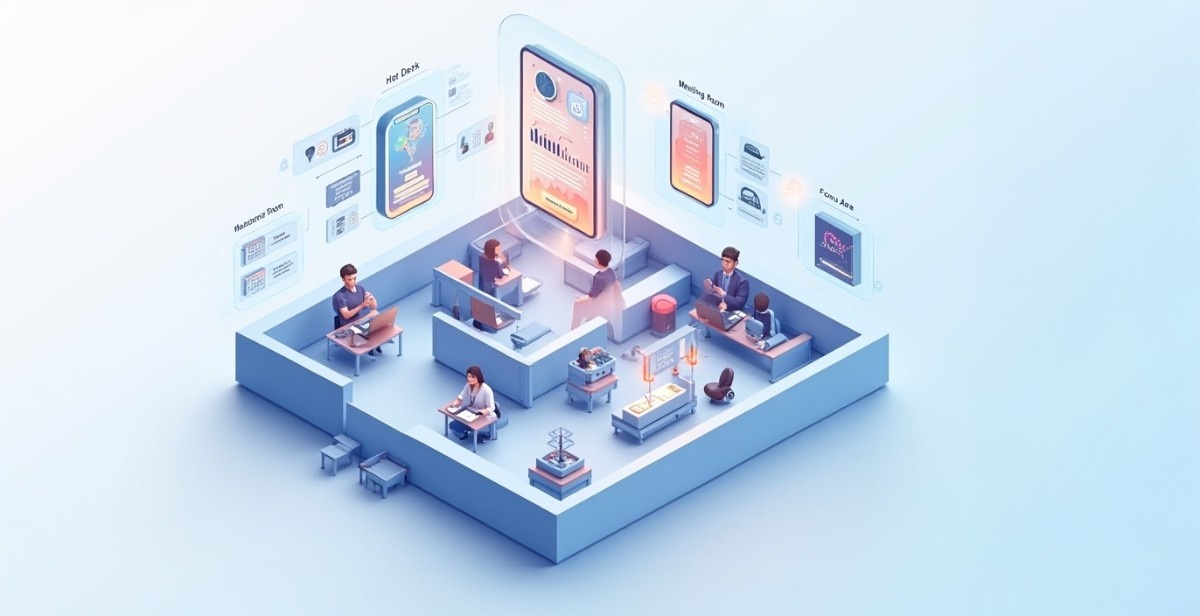Today, the largest segment of the Indian workforce constitutes millennials, those born between 1980 and 2000. So, their work ethics, priorities and motivations are shaping the workplace landscape. Employers need to understand millennials in order to nurture a strong and committed workforce. So, here’s a look into what makes millennials tick and what frustrates them the most. And, most importantly, what companies can do to make the workplace more suitable for this highly enthusiastic group.
No Long Chains of Command
Millennials believe in equality and dignity of labour. They prefer flat organizations, where people are approachable. They are extremely uncomfortable seeking permission from a long hierarchy of “bosses”.
What companies can do: There are several collaboration tools out there, which can ease communication, especially when approvals need to be sought. With such tools in place, millennials won’t have to knock on the boss’s door or write an email seeking permission for something. You could try Flowdock, which has options for both group and private chats. Its team inbox feature can aggregate notifications from Asana, Twitter and some other channels. The adoption of collaboration tools also promotes interaction with different people, increasing learning opportunities making the environment more interesting and dynamic.
Need Continuous Recognition
Although most don’t acknowledge this, millennials love being appreciated. They want their voices heard and their hard work recognized.
What companies can do: There are many ways of doing this. Have regular team huddles and encourage everyone to speak. Use this time to appreciate individuals who have achieved something, even if it is learning a new skill. Messaging tools like Slack have emojis which can be shared to recognize individuals. Set up a “recognition” board and put up information weekly. Promotional gifts can be given on a monthly or quarterly basis on merit.
Don’t Prefer Long Working Hours
Around 95% of millennials working in New Delhi, Mumbai and Bangalore say that they’re stressed, according to a survey conducted by Cigna TTK Health Insurance Co. The study goes on to say that millennials cite “extended working hours” as the primary reason for the stress. Employers today need to address this if they wish to sustain a motivated workforce.
What companies can do: Adopt management softwares that can automate mundane tasks and increase employee productivity manyfold. By this manner, this cohort can finish off the same tasks in a lesser amount of time. For instance, the Veris reception management system saves a lot of time when hosting events, inviting guests for meetings, conducting check-in formalities and gathering data after the event or meeting. Let’s say, HR needs to plan a hiring event. With the help of the Veris front-desk sign-in app, they can send out invites with QR codes and GPS location. The visitors who confirm their attendance can be preregistered. Their check-in process at the lobby is super-fast, with software installed on a tablet at the lobby. The HR team receives visitor-arrival notifications on their smartphones. This saves time for the receptionist, the HR team and the admin personnel and also gives these young jobseekers an impression of a tech-enabled workspace.
Don’t Want the 9-to-5 Format
Around 50% of Millennials cite “flexibility” as among the top three priorities when choosing an employer, with the other two being pay and corporate culture, according to a report by Deloitte. And, only 17% said that they would continue working for a company that doesn’t allow enough flexibility.
What companies can do: Policies that support job-sharing and work-from-home models have proved effective. Rather than driving people by reporting time, make them responsible for task completion within a specified period (24 hours or by the end of the week) and give them the flexibility to do so. Moreover, there are more subtle ways of time monitoring, like the Veris electronic visitor sign-in system doubles up as a digital ID for employees.
The good news is that all these options can also offer millennials the freedom to innovate and build stronger relationships in the workplace.






































.avif)
.avif)





